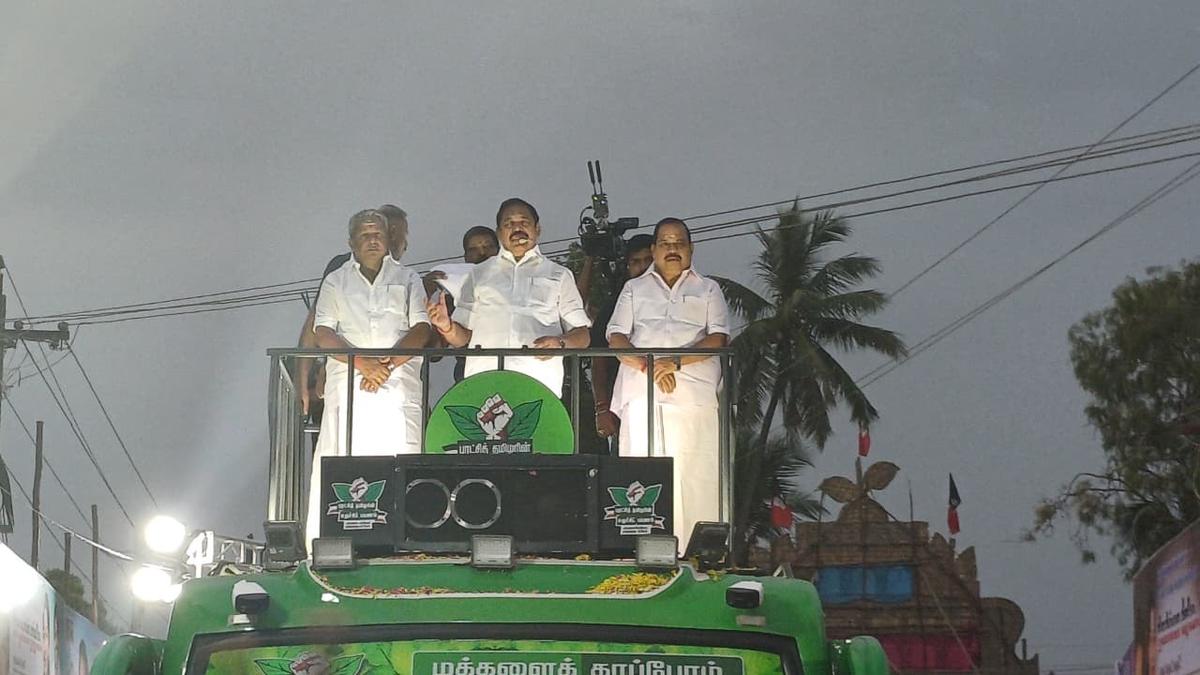Now Reading: SC Cannot Act on ‘Bill’ Without Governor’s Assent: Puducherry
-
01
SC Cannot Act on ‘Bill’ Without Governor’s Assent: Puducherry
SC Cannot Act on ‘Bill’ Without Governor’s Assent: Puducherry

Quick Summary
- union territory of Puducherry has supported the Presidential Reference, asserting that a Bill only becomes law after the Governor or President provides assent.
- Chief Secretary Sharat Chauhan submitted an affidavit stating that judicial intervention should not occur during legislative policymaking at the Bill stage.
- Puducherry concurred with the Center that discretionary powers under Articles 200 and 201 for Governors and Presidents regarding State Bills are non-justiciable.
- The UT’s affidavit disagreed with the Supreme Court judgment regarding timelines for approval of State Bills,emphasizing that no timeframe is specified in the Constitution for such decisions.
- It argued against judicial intervention, contending it could lead to courts becoming judges in their own cases when laws resulting from ‘deemed assent’ are later reviewed.
indian Opinion Analysis
The affidavit submitted by Puducherry raises critical questions about institutional roles and boundaries between legislative functions and judicial review within India’s democracy. by emphasizing discretionary powers granted to constitutional offices like Governors and Presidents, Puducherry underscores respect for federal structure tenets where judiciary cannot encroach into functioning zones inherently belonging to executive or legislature realms.
While its stance aligns with safeguarding institutional dignity, this issue invites broader discussions on balancing accountability versus discretion without undermining democratic checks or creating complications where potential delays impact governance consistency at state levels.
Read more: [Link Unavailable]























